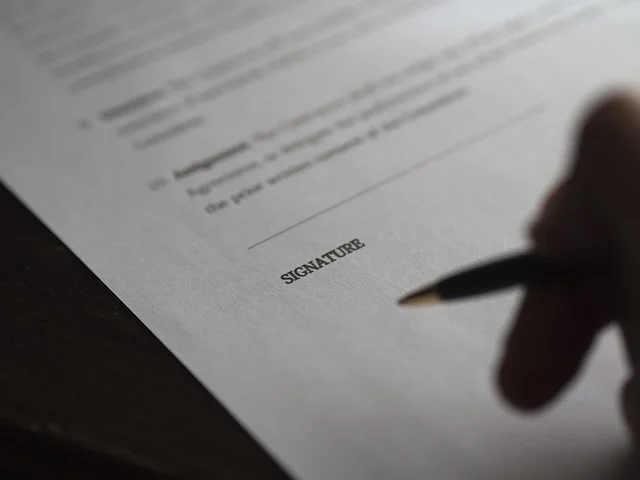Understanding Easements in Real Estate

Even people who don’t own a certain property can have interests in and rights to its use. How? Through easements, a nonpossessory permission to access land. Easements can cause many heated battles in real estate law, so it is necessary to fully understand them.
Let’s take a few looks at some examples of easements in everyday life:
- The owner of a field grants a railroad company the use of their property to lay tracks and have trains pass through.
- A landowner grants a neighbor the use of a road or passageway through their land to get to his or her own property that is “landlocked” or closed in by other properties.
- Someone who owns land may grant his or her city permission to use their land for running electrical wiring.
Legally created easements become attached to the property with which they are associated. Therefore, if you buy land and the previous owner granted a neighbor or someone else an easement, then that person still has access to the use of the land as previously agreed upon.
How do I legally create an easement?
There are two different categories of easements, and which one you need depends on your unique circumstances. Express easements are made through mutual agreement while prescriptive easements are made through force of habit. Here’s a look at the processes:
Express easement: The landowner and the person who is going to use the easement develop a written agreement either in a deed to property or some other instrument recorded with the Register of Deeds in the county where the property is located.
Prescriptive easements: This type of easement is difficult to acquire and most often requires proof in court to establish because the facts of the use of property are incredibly important to determine whether an easement actually exists. There are several elements that are required, and they are similar in nature to an adverse possession claim. In North Carolina, if the other elements are met, the use must continue for at least twenty years to be considered a prescriptive easement.
When do easements expire?
Easements do not expire (unless otherwise agreed upon in the terms of the easement) and can be used indefinitely from the time they are created. If you are a landowner and you feel strongly about ending an easement, you would need to get the other party to agree to it in a written instrument in order to terminate it. Under certain circumstances, easement holders can abandon their rights, but that is rare and is something that would likely have to be determined in court because the inquiry into whether an easement has been abandoned is fact-specific.
Who can help me if I am dealing with a legal issue related to easements?
Misunderstandings and disagreements about easements often land in the courtroom. If you need help understanding an easement or creating an easement, the Thomas & Webber team is here for you. Give us a call at 704-663-1600 today!


